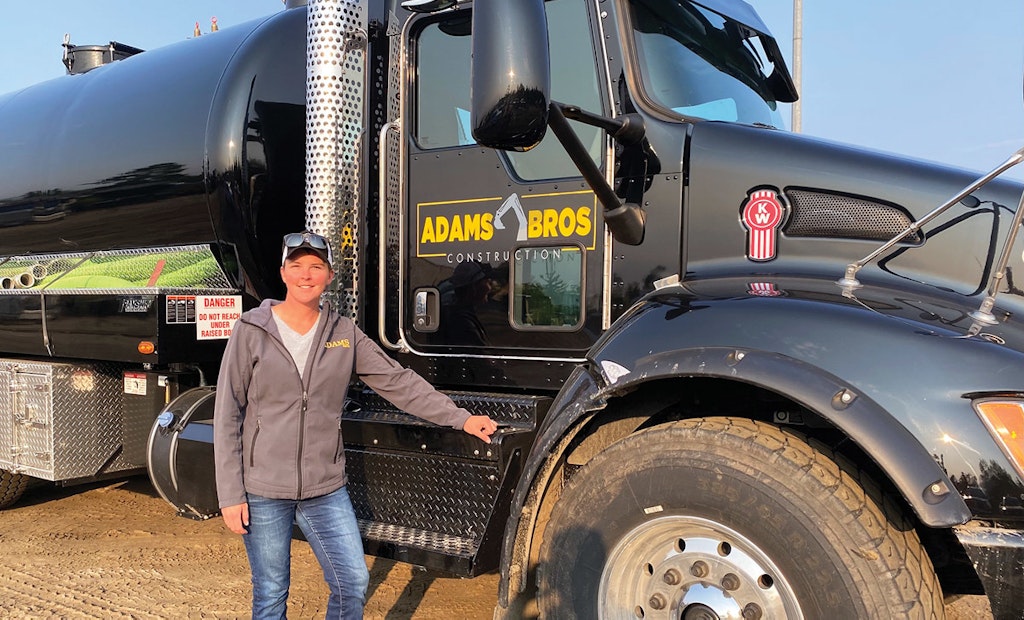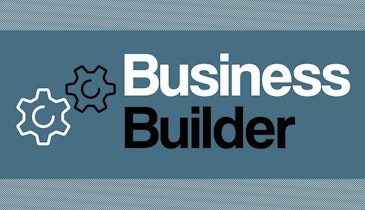In Snapshot, we talk to a member of a state, provincial or national trade association in the decentralized wastewater industry. This time we visit a member of the Ontario Onsite Wastewater Association.
Name and title or job description: Danielle Ward, onsite wastewater...






